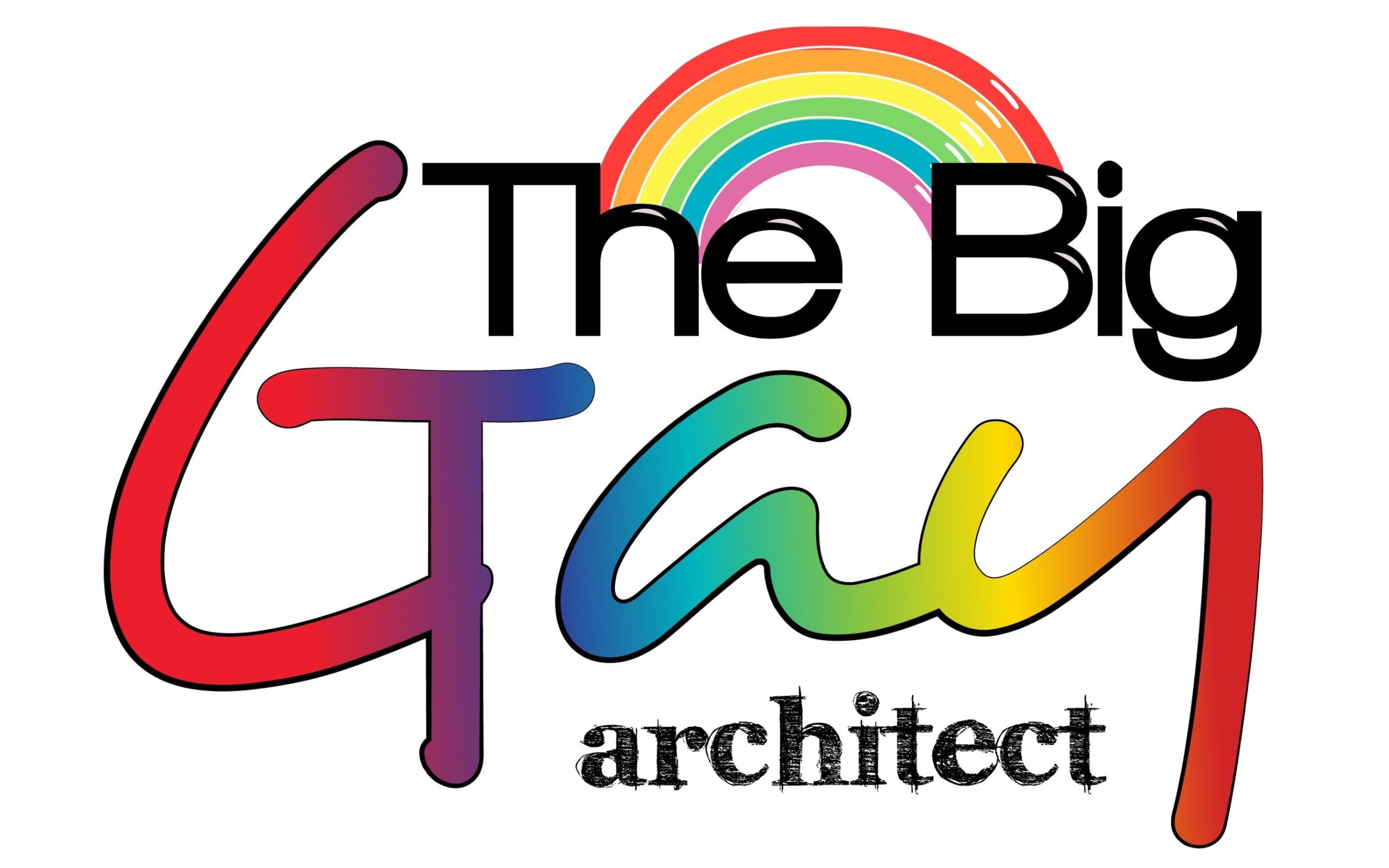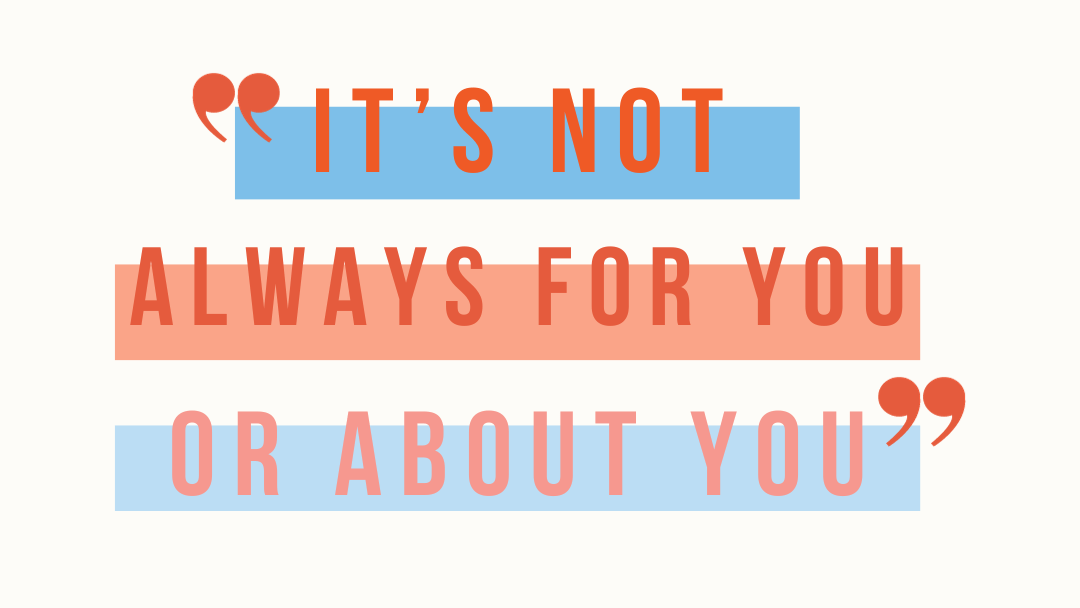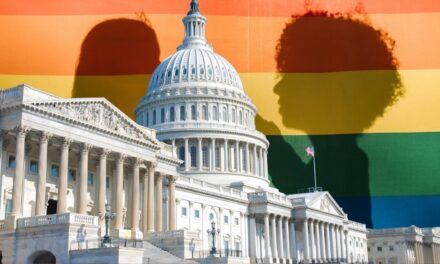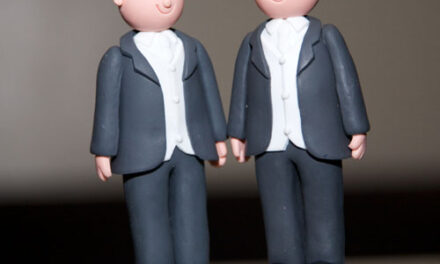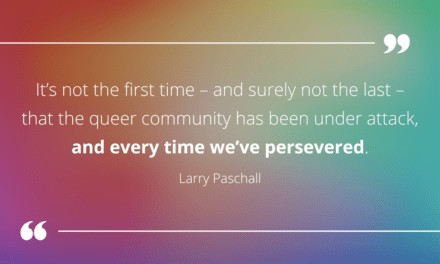Growing up, my great-grandmother was all about manners and being respectful about how I addressed people, especially any adult who was addressing me. Answering “Yeah?” to a query would be the quickest way to get a hard slap. You always answered, “Yes ma’am” and “Yes sir”. A habit so ingrained that my first boss had to ask me to stop calling her ma’am because I was making her feel old.
(Granted this was also the great-grandmother who chain-smoked, read The National Enquirer, and watched Saturday night wrestling. I suppose I should be grateful she opted to teach us manners instead of how to light one cigarette off another.)
In other words, I grew up with two genders being reinforced – male and female – every time I spoke with someone. At the same time, I was coming into my queerness when the options were to identify as gay or lesbian. Gender identity – whether that was transgender, non-binary, pansexual, or any other identity – was not part of the vocabulary. How we identified wasn’t focused on gender but on orientation and what we had between our legs.
Consequently, until now, I have given little thought to adopting pronouns. I have no issue using them when addressing someone. Using the proper pronouns is the respectful and right thing to do. And if they haven’t stated or denoted, then the proper approach is to ask. Which means I’ve always thought that if people want to know how to address me, they are more than welcome to ask. I’m just happy not having someone call me out with “Hey, Fag!”
However, for some reason, I have never been in the mindset to use them – either in email or when introducing myself – and hadn’t given that much thought. Until now.
I received a proof of an essay I wrote for an upcoming collection called Out in Architecture (which you will hear more about in a later blog post) and noticed my name had pronouns associated with it. The correct pronouns – so good assumption on the editors’ part – except I wasn’t accustomed to seeing that. And consequently decided they needed to be removed.
Which was a decision I didn’t give much consideration to before contacting the editors. I just didn’t use pronouns. Then I received an email from one of the editors asking why, and realized I did not have an answer to that question.
Cue the anxiety and self-analyzing as I tried to work out what was going on.
Am I betraying my community by not adopting pronouns? Am I being disrespectful to others, much to the chagrin of my chain-smoking great grandmother? If I start using them now, does it look like I’m caving to outside pressure to make that change? Is all this really rooted in the manners I was raised with, or is that just an excuse?
Of course, I could always dig in my heels and follow the lead of people like Ted Cruz, who told college conservatives his pronoun was “Kiss My Ass.” Or Lauren Boebert’s insistence that her pronoun is “Patriot.” Except I’m not clamoring for attention, I know what a pronoun is, and I have more respect for people than either Cruz or Boebert.
Yet as I was sharing this with my husband, he threw out an idea that had never crossed my mind. A thought similarly shared by both the editor and another friend.
Sharing my pronouns is a way of showing respect for others who feel they have to share theirs. Sharing signals to others that I am a person to whom they can safely express themselves. In what feels like growing hostility towards the queer community, I’m a person who gets it and who respects the person in front of me.
Or as someone succinctly put it – it isn’t always for you or about you. An idea that would have short-circuited a lot of my angst. Or at least a little bit.
